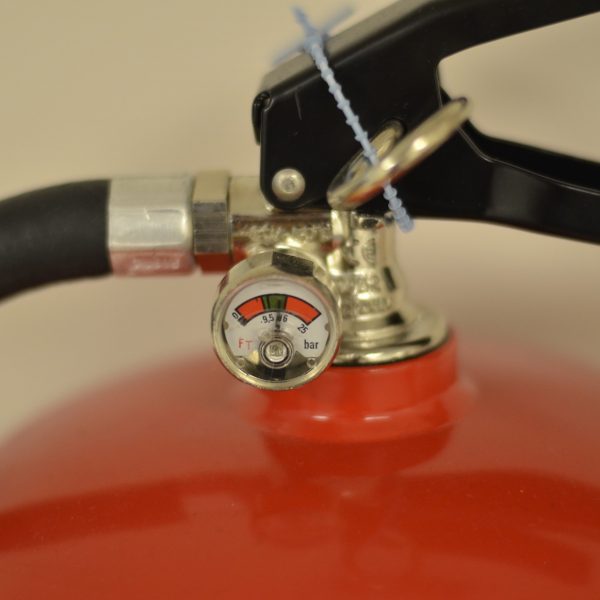
Whether you’ve already scheduled your next fire system inspection or the Ontario fire marshal decides to make an impromptu visit, your building needs to up to code. The Ontario Fire Code spells out your obligations under the law, and different types of facilities have specific requirements for their respective fire systems.
Failing a fire system inspection can result in the closing of your business. While your building should be in code compliance at all times, fire marshals are even less forgiving when they schedule an inspection. If you need assistance with your facility, the experts at All Protect Systems, Inc have been preparing Ontario businesses for their fire inspections since 1996, with the following systems:
1) Electrical Equipment
Make sure your building’s electrical system is functioning correctly and up to code. Electrical problems are one of the most common causes of building fires, so the fire inspector examines your electrical system closely. Inspections often fail for reasons, such as:
- Missing cover plates for junction boxes or electrical outlets
- Openings in circuit breaker boxes – Sparks or arcs can ignite nearby combustible material.
- Unlabeled breakers
- Using extension cords for permanent appliances
- Extension cords stapled to a wall or furniture
- Overloaded power strips
- Daisy-chained surge suppressors
- Unlabeled and unaccessible main electrical panel
You should correct these items before any fire inspection. Call an electrician if necessary.
2) Keep Exit Pathways Clear
Fire marshals understand that occupant evacuation during a fire can be hectic and dangerous. They frown on any obstacles that prevent an easy egress from the premises. The Ontario Fire Code specifications regarding building egress include:
- 2.4.1.1.(2) Combustible materials shall not be accumulated in any part of an elevator shaft, ventilation shaft, means of egress – however, code does permit wooden furniture as long as it doesn’t impede the exit
- 2.7.1.7. (1) Means of egress shall be maintained in good repair and free of obstructions.
- 2.8.2.5. (2)(b) Hotels must have fire safety rules posted on exit doors of guest suites
3) Fire Alarms
Trained and licensed professionals must perform periodic fire inspections according to your building’s requirements. The company performing the fire system inspection should provide you with a written report that you must provide to the fire marshall on request. When the fire marshal has scheduled his own inspection, make sure of the following:
- Pull stations are visible and accessible
- The fire alarm panel is easily accessible and free of trouble or supervisory alerts
4) Fire Extinguishers
The Ontario Fire Code has detailed requirements for the type of extinguishers required and their testing, inspection, and maintenance. They need annual service and inspection by trained technicians, as well as the following:
- Recharging or replacement if the extinguishing material is low
- Hydrostatic testing of the cylinder or replacement every six years
Visually inspect your extinguishers each month to ensure that they’re:
- Visible
- Accessible
- Rust free
- Gauge is in the green area
5) Fire Hoses
You must provide documentation of annual fire hose inspections to the fire marshal upon request. Fire hose inspections check for issues, such as:
- Excess debris
- Mildew
- Rott
- Chemical damage
- Cuts or abrasions
Preparation is the key to passing your next Ontario Fire Marshal fire inspection. If you don’t have the time to brush up on the latest code revisions, you can always rely on the experts at All Protect Systems, Inc.
Specialists in fire protection, All Protect’s technicians can see potential problems and solutions that you might miss. Call them today to find out what they can do for you!